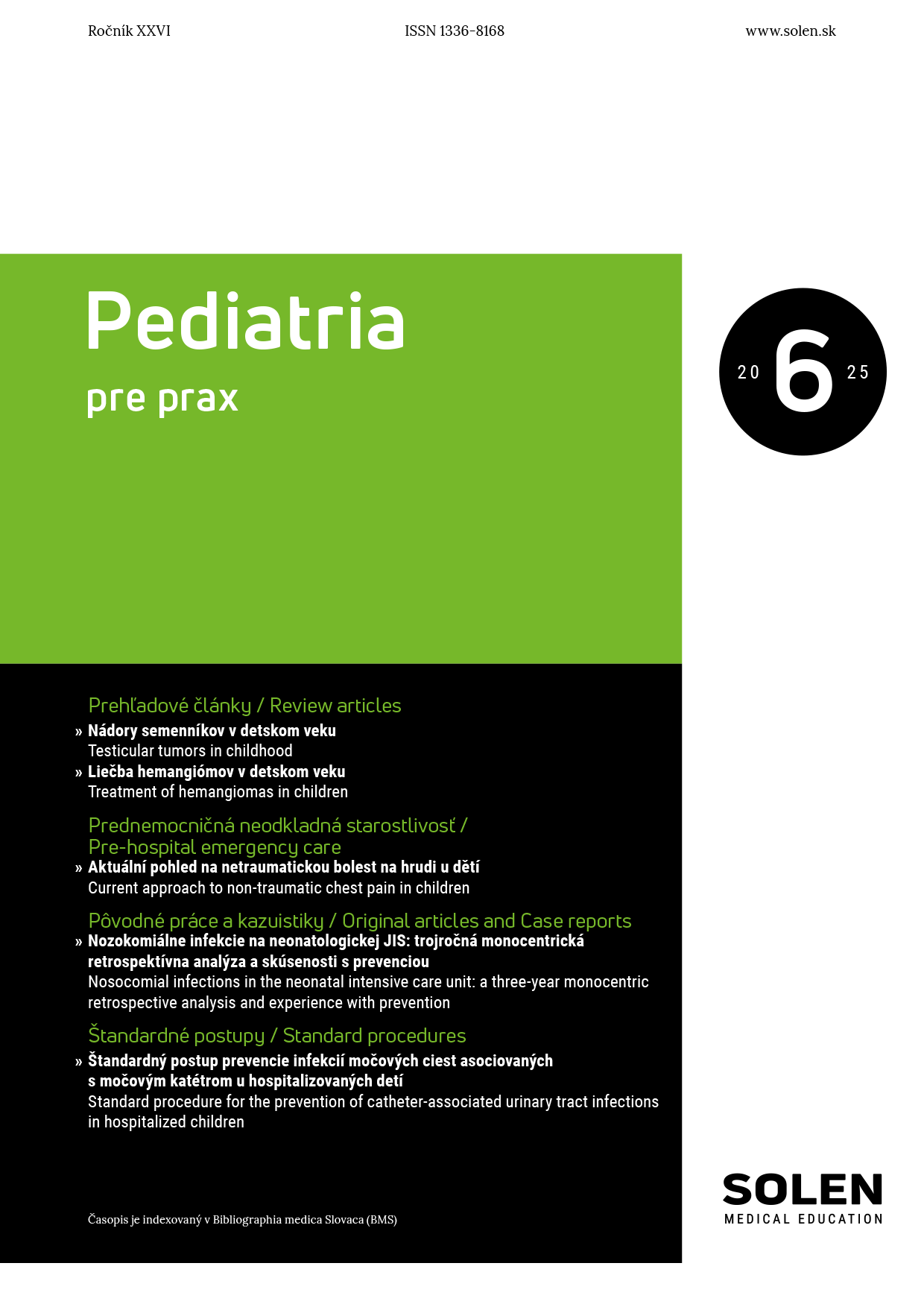Praktické lekárnictvo 2/2022
Intestinal microbiota and exogenous factors influencing its composition
The microbiota inhabits various parts of the human body - the skin, nasal mucosa, oral cavity, urogenital and digestive tract. The digestive tract, as a perfectly synchronized system, connects the body with the external environment through food intake. Through a complex mechanism, it can process the received food so that the homeostasis of the organism is preserved and the organism is not flooded with unnecessary substances. Under physiological conditions, the gastrointestinal tract is inhabited by various bacteria, bacteriophages, viruses, fungi, yeasts, protozoa, mites and their genes and genomes. These trillions of microorganisms consist of several million genes and together form the so-called metagenome, aggregate genetic information that is 150-fold greater than human genetic information. The article summarizes the basic knowledge about intestinal microbiota. It focuses on the influence of childbirth on its development in the individual and substances that damage and regenerate the intestinal microbiota.
Keywords: microbiota, emulsifiers, probiotics, prebiotics

















